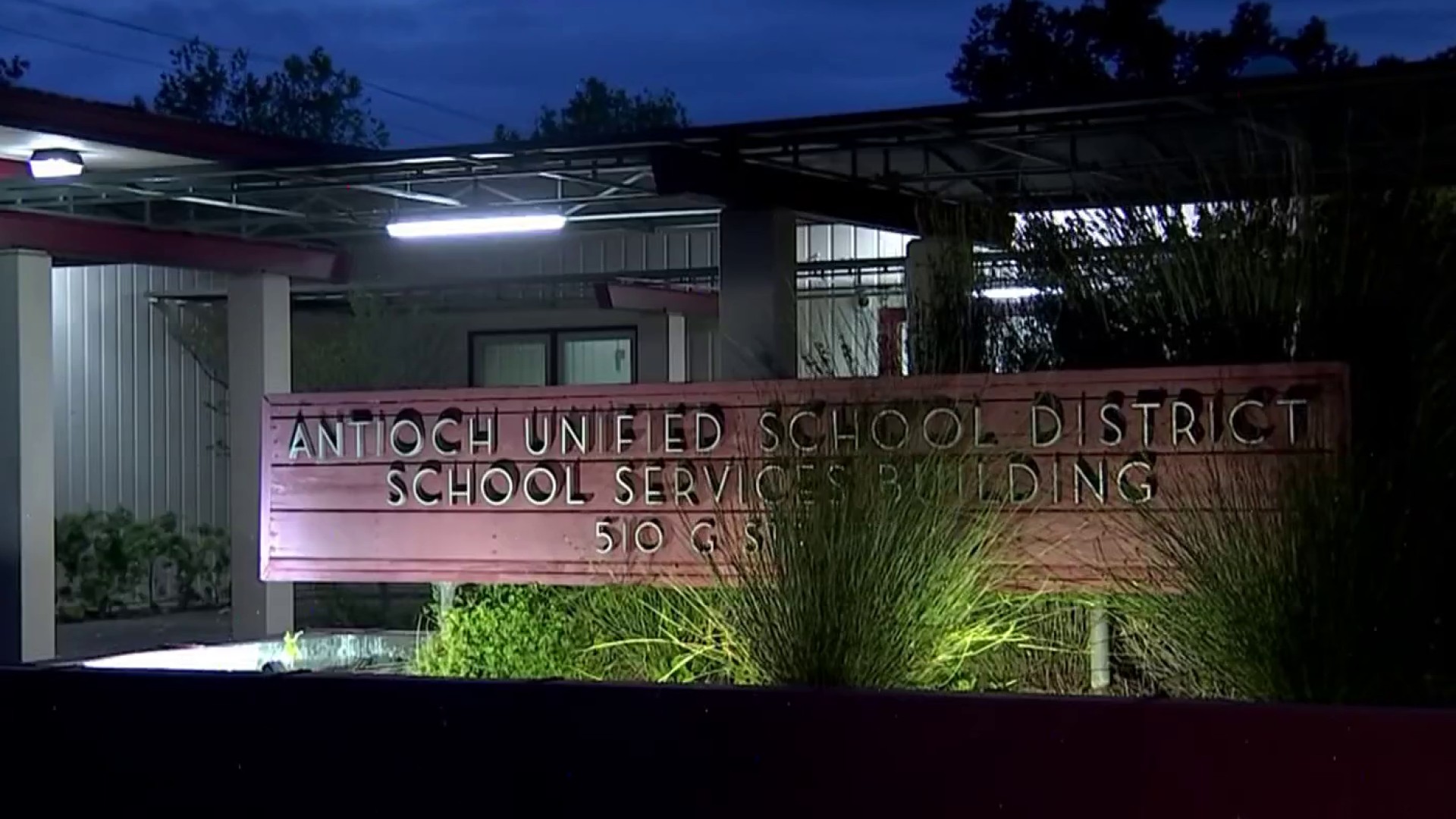Two Bay Area scientists and a professor from Yale University all got an early morning phone call Monday, alerting them that they'd each won the Nobel Prize for Medicine for discoveries on how proteins and other materials are transported within cells.
The winners are: University of California at Berkeley professor, Randy Schekman; German-born researcher Thomas Suedhof, a professor at Stanford's School of Medicine; and James Rothman, a professor at Yale University. Rothman used to teach biochemstry at Stanford, and Schekman earned a PhD at Stanford.
Each prize is worth $1.2 million, and each winner will receive about $413,600.
Long before the sun came up on Monday, NBC Bay Area visited Scheckman at his El Cerrito home. The phone wouldn't stop ringing and camera crews cluttered his kitchen.
“My first reaction was, “Oh, my God!” said Schekman, who was awakened with the good news at 1:30 a.m. “That was also my second reaction.”
Schekman said he had just returned from Germany on Sunday, and went to bed about 9 p.m. Then, he got the early morning phone call from Stockholm. The man at the other end of the line told him he won the most coveted prize in science, and assured him "it wasn't a hoax."

When he put down the phone, Scheckman called his 86-year-old father first, as his wife, Nancy, kept repeating, "This is it, this is it," in the background. He then called his children and friends - all of whom were incredulous, he said.
Local
Schekman and Rothman separately mapped out one of the body’s critical networks, the system in all cells that shuttles hormones and enzymes out and adds to the cell surface so it can grow and divide, according to UC Berkeley. The system, which utilizes little membrane bubbles to ferry molecules around the cell interior, is so critical that errors in the machinery inevitably lead to death.
Sudhof, a Stanford professor of molecular and cellular biology, was in the remote town of Baeza, Spain when he got the call from Adam Smith - a representative from the Nobel Prize committee. Part of the conversation was recorded here.
"Are you serious?" Sudhof said. "It's pretty amazing." He described himself as a very driven scientist, so much so, that his wife "thinks I'm crazy."
Sudhof has spent the last 30 years prying loose the secrets of the synapse, and has identified integral protein components critical to the membrane fusion process, according to Stanford.
Normal 0 false false false EN-US X-NONE X-NONE MicrosoftInternetExplorer4 /* Style Definitions */ table.MsoNormalTable {mso-style-name:"Table Normal"; mso-tstyle-rowband-size:0; mso-tstyle-colband-size:0; mso-style-noshow:yes; mso-style-priority:99; mso-style-parent:""; mso-padding-alt:0in 5.4pt 0in 5.4pt; mso-para-margin:0in; mso-para-margin-bottom:.0001pt; mso-pagination:widow-orphan; font-size:10.0pt; font-family:"Times New Roman","serif";} The Nobel committee said their research on "vesicle traffic" — the transport system of our cells — helped scientists understand how "cargo is delivered to the right place at the right time" inside cells.
"Disturbances in this system have deleterious effects and contribute to conditions such as neurological diseases, diabetes and immunological disorders," the committee said.
The medicine prize kicked off this year's Nobel announcements. The awards in physics, chemistry, literature, peace and economics will be announced by other prize juries this week and next.
The Associated Press contributed to this report.



